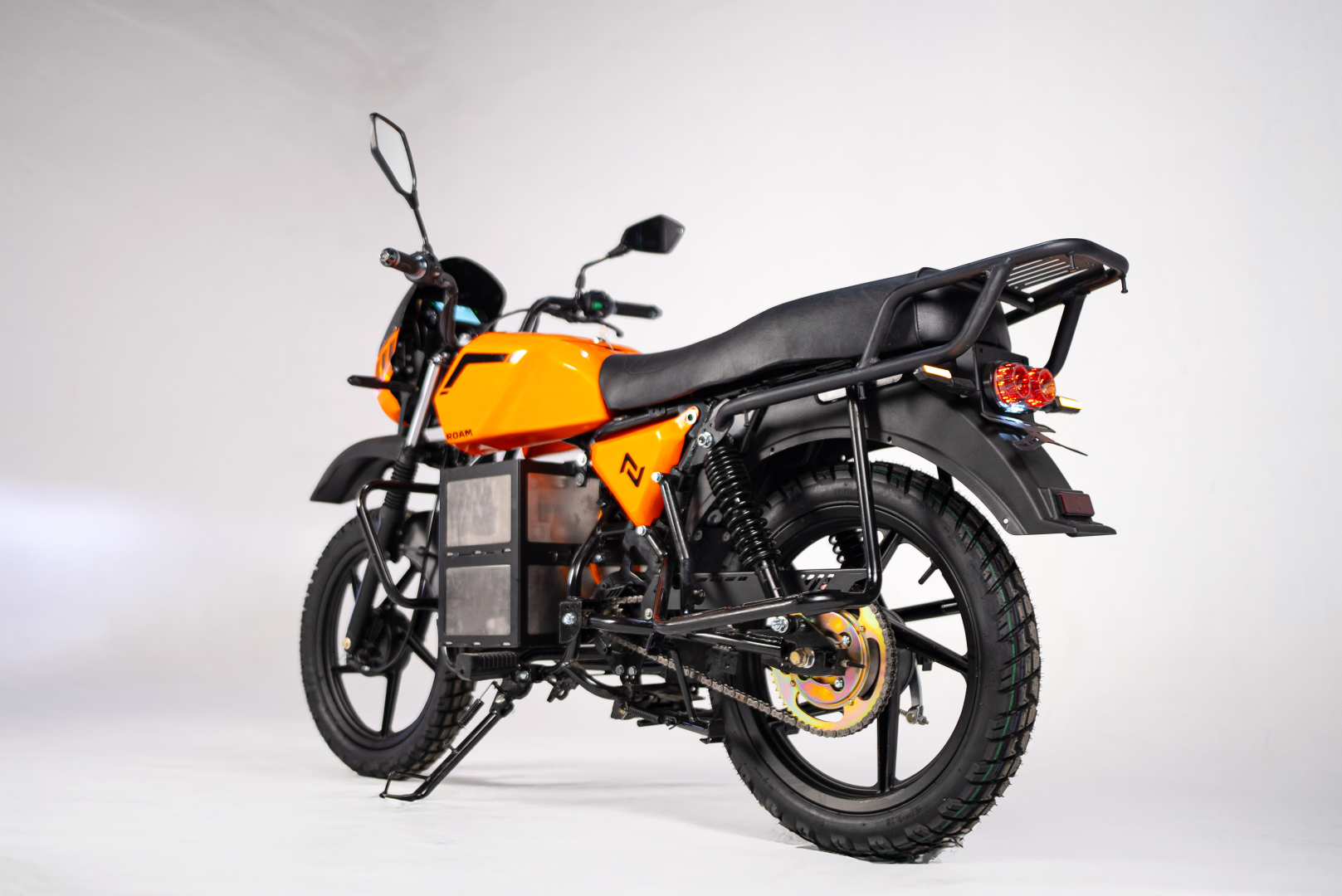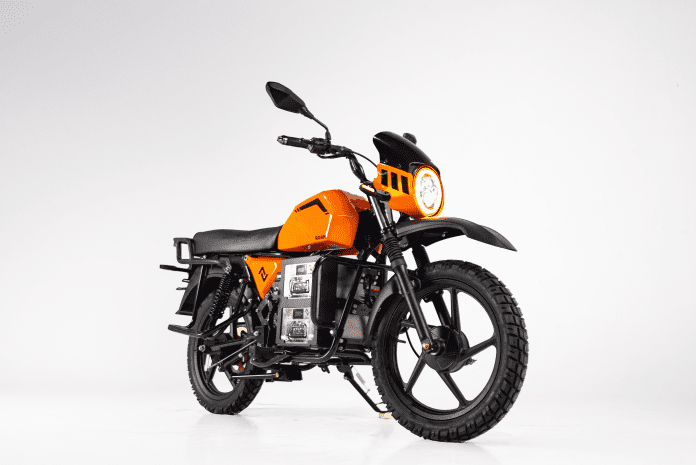Roam, Kenya’s pioneering electric vehicle company, has launched the new Generation 2 Roam Air, an upgraded electric motorcycle designed with direct input from boda boda riders. The new model features over 40 practical improvements and has been extensively tested in both urban and rural settings. Designed and engineered by Roam’s in-house team, the Generation 2 showcases a strong commitment to local innovation and manufacturing.
The revamped Roam Air is a direct response to the economic and practical needs of Kenya’s more than 3 million boda boda riders, whose work sustains an estimated 5 million livelihoods nationwide, according to United Nations (UN) data. The updated model is one kilogram lighter than its predecessor, contributing to improved battery efficiency and overall handling.
Inside Boda Boda business in Thika where bicycles and motorcycles compete for customers
A reinforced frame now supports up to 240 kilograms—20 kilograms more than the original model—allowing the motorcycle to better handle the demands of daily transport on Kenya’s diverse roads. The new version introduces a lockable single-door battery compartment aimed at reducing theft and simplifying the battery exchange process, one of the key concerns raised by riders in the earlier model.
Durability has also been improved, including better weather resistance: key components now offer increased rust protection and further waterproofing, including storage and electronics. The new Roam Air variant also features more simplified cabling, more sophisticated lighting, and mechanical refinements designed for everyday wear and tear.

Roam has also enhanced comfort with redesigned footrests, a reshaped seat, and a stronger rear carrier to better support both the rider, passenger, and their load. In line with its commitment to local manufacturing, Roam has increased domestic production of key parts to 36%, including the body panels, wire harnesses, connectors, battery compartments, mechanical auxiliaries, and storage units. This step is expected to shorten the supply chain, reduce maintenance costs, and support Kenya’s growing clean-tech manufacturing sector by creating jobs.
Under Kenya’s Legal Notice 112, manufacturers that localize 11 key parts qualify for the Duty Remission Scheme (DRS). Roam’s Generation 2 goes further, with over 40 locally produced components, including plastic, metal, and electronic parts. As an Original Equipment Manufacturer (OEM), Roam owns its designs and tooling, enabling greater local value addition and long-term affordability.
Roam’s Production Manager, Monicah Mwalo, emphasized the importance of community involvement in the redesign process. “We didn’t just update a few features—we rethought the motorcycle with input from the people who use it every day. This version is grounded in Kenyan realities.”
Some early users have reported measurable cost savings. Joel Amboka, a Nairobi-based boda boda rider, said, “Before Roam, most of my money went to petrol and repairs. Now I charge at home, spending under KES 200, and ride all day. It’s made a real difference in my income. I can also easily run my daily activities thanks to the strong frame.”









